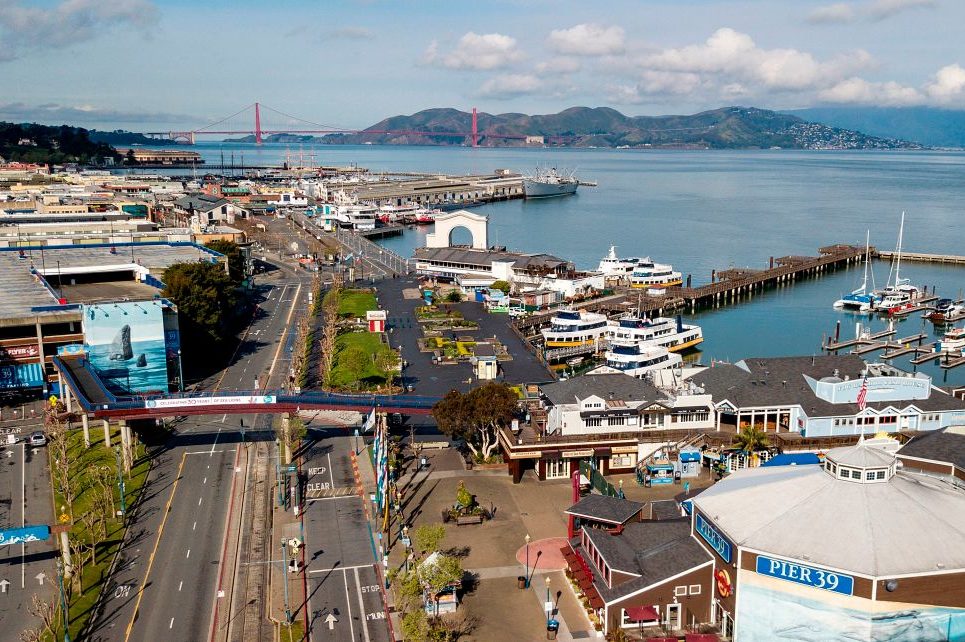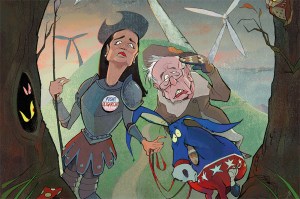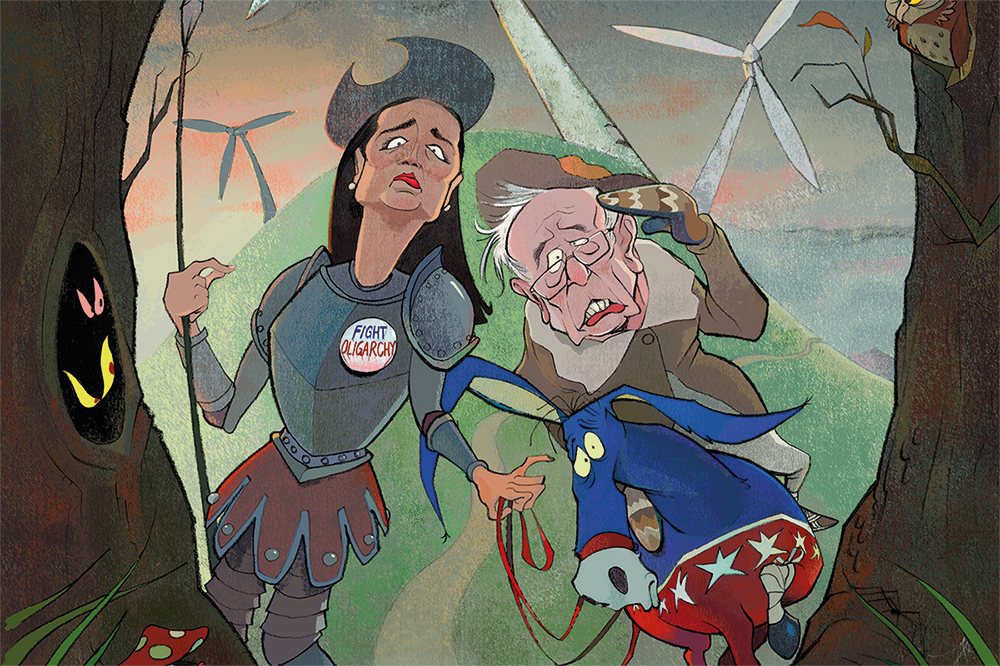Oakland, California
In April, when spring fever ran high and California saw protests against the unending lockdowns, Gov. Gavin Newsom promised that ‘politics and protests will not drive our decision making. Science, data, and public health will drive our decision making. #StayHomeSaveLives.’
As it turns out, the anti-lockdown movement was right to be suspicious of tyranny. Not only are the decisions about opening up — or, more accurately, not opening up — political, but local and state governments are intent on taking the crisis as an opportunity to alter our way of life forever.
Newsom has now tied reopening to ‘racial equity’, through reduction of COVID rates in black, Hispanic and Pacific Islander communities. While it’s true that the infection rate and deaths have been higher in these populations, that probably has very little if anything to do with ‘systemic racism’.
Blacks and Latinos are overrepresented among the ‘frontline workers’, sure. But they also have different cultural norms than urban whites and Asians. Their living situations are, by and large, less socially distant, and they are more suspicious of the government. So much so, that in April, before Black Life Matters marches broke out across a cooped-up nation, Rep. Maxine Waters chastised her constituents in a television interview, urging them to ‘keep your ass at home’. At that time mayor Libby Schaaf of Oakland limited parking and banned food trucks around Lake Merritt because of the crowding around the landmark downtown location.
How ‘racial equity’ is supposed to be achieved in our intentionally multicultural state, Newsom did not explain. In fact, everyone’s liberation now depends on changing habits and attitudes among ethnic minorities, and not necessarily for the better.
Seeing the drastic reduction of traffic over the last half a year, San Francisco Bay Area’s Metropolitan Transportation Commission (MTC) has created a plan mandating 60 percent of the workforce to work from home to counter global warming. The rationale was that since we’ve been already working from home, we might as well make it permanent. As Schaaf put it, ‘There is an opportunity to do things that could not have been done in the past.’
Historically, Bay Area tech companies prided themselves on fostering fun office environments. Although some local corporations like Twitter are embracing work-from-home (and possibly outsourcing), it’s worth noting that Twitter has been threatening to leave San Francisco for a while over the unaddressed homeless zombie problem. Others like Apple would like their employees to return. Why should MTC encroach on a company’s right to make that decision?
Even if working from home seemed a nice change at first, it got old quickly. Most of us want a change of scenery. That’s why the self-employed pay $7 for a latte and the privilege to sit at a café with a laptop. That’s why they rent shared office space like the warehouse that was converted to shared office in my neighborhood before the virus hit. The young, the extroverted and the ambitious will want to be at work, talking to bosses and coworkers.
Work-from-home is just one component of the MTC’s new abnormal. Recently the association announced that ‘to support further reopening of the economy, we need to make San Francisco more welcoming and accessible for people who want to travel on foot, bicycle, wheelchair, scooter, skateboard or other forms of micromobility’. To do this, they want to implement a ‘slow streets’ program.
[special_offer]
The program debuted in Oakland in April when Schaaf adopted a previously developed bike path plan with the intent of blocking off 10 percent of the city streets, or 74 miles, for the residents to stay physically active — and physically distant – during the pandemic. Never mind that Oakland has plenty of parks and sidewalks, and that most of these slow streets have always looked deserted. If Oaklanders congregate in a single location, like Lake Merritt, that has more to do with human nature than any alleged lack of pedestrian space.
On the surface the program merely looks like a way of inconveniencing motorists, and forcing them to abandon cars on the way to a green utopia. But the residents of the minority neighborhoods where slow streets were implemented feel that the program is aiding gentrification by physically isolating them. In any event, many would prefer that the city would fix its sewage problems and potholes.
In March, when the six Bay Area counties embraced the sacred lockdowns imposed by our technocratic betters, it was far from obvious that the changes might be made permanent for anything other than epidemiological reasons. But many urban whites and ‘white-adjusted’ minorities have always been on board with Rahm Emanuel’s idea that no crisis should go to waste; that the government should use the opportunity for social engineering. For all her hubris, Libby Schaaf speaks for many of her constituents. A lot of the opposition to radically altering our culture centers on how well-meaning incentives are applied unwisely, not because an unnatural monoculture is being forced on citizens in the name of green utopia. If California is no longer committed to being a melting pot with wide open roads, what are we?

























